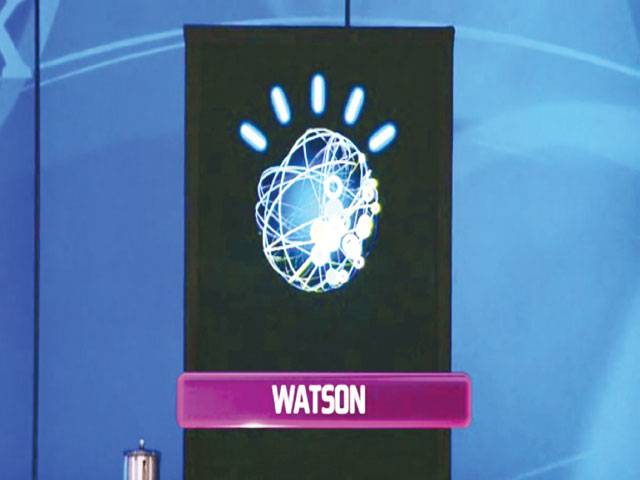WASHIGNTON-IBM’s artificial intelligence software, Watson, isn’t ready to replace your doctor just yet.
Medical experts working with the tech giant on its Watson for Oncology system discovered that it made ‘often inaccurate’ and ‘unsafe’ treatment recommendations, according to internal documents reviewed by Stat News.
However, no patients were reportedly harmed despite Watson’s missteps.
The documents were included in two presentations given in June and July 2017 by IBM Watson’s former deputy health chief Andrew Norden.
In one case, a 65-year-old patient was diagnosed with lung cancer and said he had developed severe bleeding.
Watson recommended he be given chemotherapy and receive a drug called ‘Bevacizumab,’ but Stat News noted that the drug can result in ‘severe or fatal hemorrhage’ and shouldn’t be administered to people with severe bleeding.
A spokesperson for Memorial Sloan Kettering told Stat News that the suggestion was hypothetical; instead, it was a part of system testing.
However, several people related to the project said Watson’s inaccuracies raise ‘serious questions about the process for building content and the underlying technology.’
‘We bought it for marketing and with hopes that you would achieve the vision. We can’t use it for most cases.’
Not only did people have concerns about Watson’s suggestions, but people also questioned the way that Watson was trained for this particular project.
The AI system was supposed to analyze data from real patients, but instead it was fed hypothetical data.
It meant that doctors were receiving recommendations from other doctors, not those reached by an AI synthesizing vast amounts of data and reaching its own conclusions.
Doctors at Jupiter Hospital told Gizmodo that instead of relying on Watson, they use the supercomputer as an extra opinion if they cannot agree on treatment.
So while it’s not a glowing endorsement, it appears medical professionals are still using Watson in some capacity.
Additionally, a spokesperson for IBM told Gizmodo that Watson is still learning and is currently being used by 230 hospitals around the world, supporting care for over 84,000 patients.
The company also disagreed in part with the internal documents, saying they don’t give a timely representation of Watson.
‘We have learned and improved Watson Health on continuous feedback from clients, new scientific evidence, and new cancers and treatment alternatives,’ the spokesperson told Gizmodo.
‘This includes 11 software releases for even better functionality during the past year, including national guidelines for cancers ranging from colon to liver cancer.’
IBM released a report last June that said Watson could accurately identify tumors in up to 93% of cases following tests on real patients.
It is hoped the system will be able to reduce the amount of time it takes to screen patients and help improve the accuracy of diagnosis.






